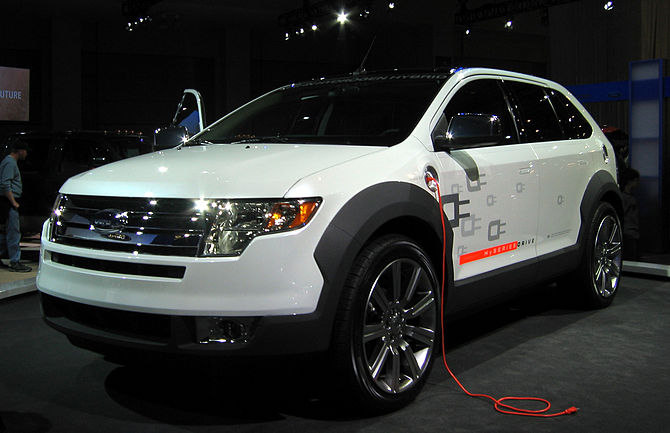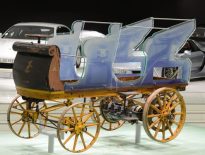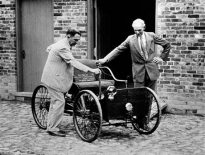The ultimate problem with relying on hydrogen as a fuel is that there is no natural hydrogen supply available, meaning that in effect, it is a device to store and carry energy, not a fuel itself. In essence, hydrogen would do the job in a vehicle of batteries.
Advocates for battery electric vehicles (BEV) often acknowledge this when they deride the viability of hydrogen as a power source for cars, since it only does the same job batteries do: a way to remove the emissions from the vehicle, and transfer it to a remote power source, which can be renewable and thus, low emission. (No renewable fuel has zero emissions if the entire project is considered, although wind and solar are much cleaner than fossil fuels.) Which raises the question of why anyone would want hydrogen over battery power cars?
Making hydrogen vehicles viable in large numbers would mean creating an entirely new energy distribution system, either a new pipeline infrastructure to carry hydrogen or, more likely, numerous small conversion plants that would have poor economies of scale. Such investment is unnecessary for electricity, since the power grid already extends to nearly all the country.
Of course, hydrogen refueling could be done much quicker than recharging a battery, at least given current technology, but over the next two decades, that could change significantly. More important, there are signs that the next breakthrough in vehicle technology might not be due to improvements in battery technology, but in electronics, where progress continues apace.
Specifically, a computer guided car has the potential to alleviate most of the problems battery- and hydrogen- vehicles face, at least in some uses. By marrying three approaches—batteries, computer guidance, and smart-phone apps—a major obstacle can be overcome: lack of convenience.
Think JohnnyCabs from the movie Total TOT +0.23%Recall. Electric vehicles are primarily useful for in-city travel to begin with, but the major drawbacks are the paucity of recharging places and parking, which is a major hassle to those of you living in large cities (neener, neener).
Imagine, however, if half or more of the taxis were replaced with self-driving electric vehicles, retrievable with a smart phone app. Parking would no longer be an issue, as they would return to central bases, which would have automatic rechargers, thereby solving the problem of limited range and few recharging stations. Catching a cab would be much easier, and directions no longer a challenge. Cab driver employment would drop sharply, but they don’t vote after all.
Because parking would no longer be a concern, and availability much less, people in cities from New York to Beijing would feel much more comfortable about giving up their cars. Insurance and parking savings would be enough to allow people to buy the latest chic thing, and for metropolitan areas like Boston and Tokyo whose road systems would confound Picasso, complete reliance on GPS navigation would reduce driver worry and lower health care costs, due to lower stress.
And for those who are paying attention, it will be obvious that the advance we’re all waiting for is in battery technology, which will not only make electric cars more viable, but help the utility system cope with the mismatch between peak solar power production and peak electricity demand, which remains a problem. Still, that appears likely to be delayed beyond the point where innercity computer guided vehicles become a reality. Amazon, in fact, would be better off focusing there rather than drones.






